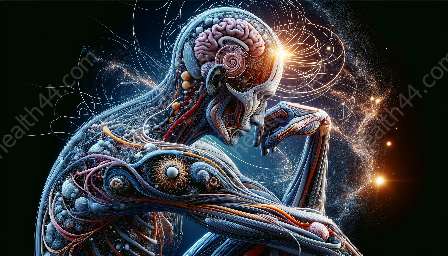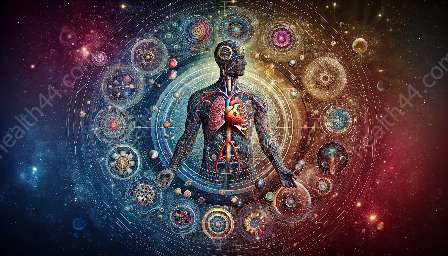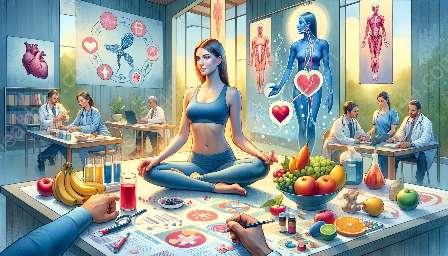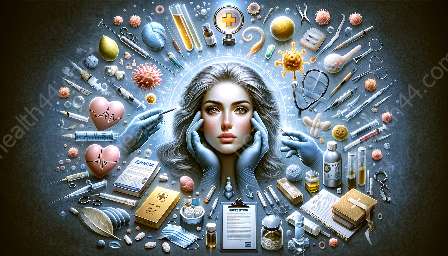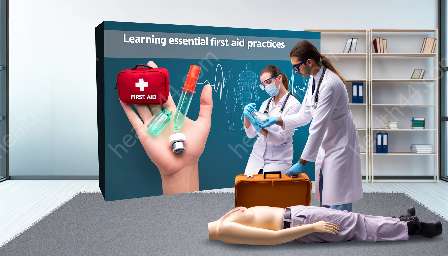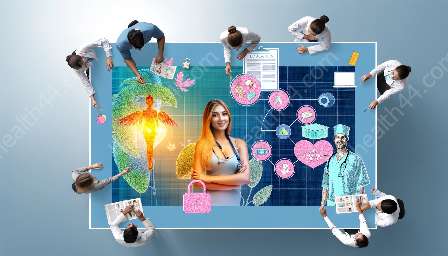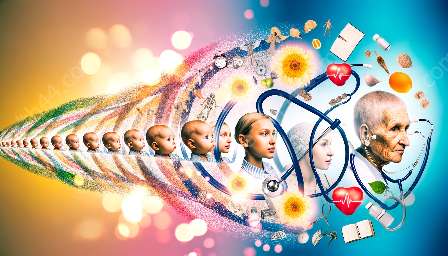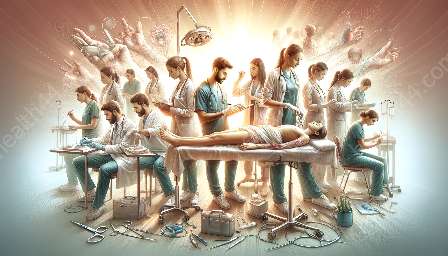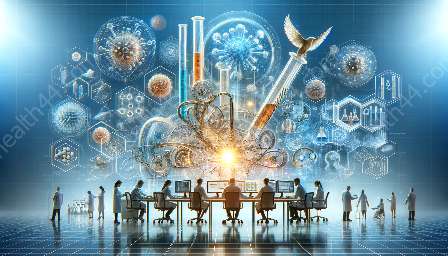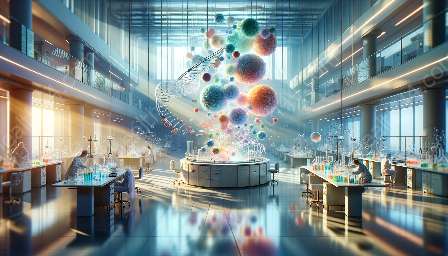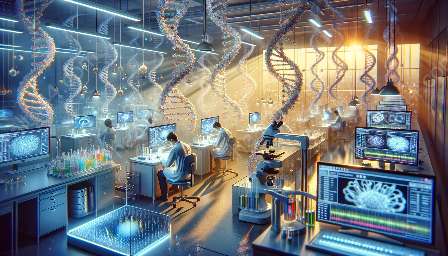Life is a magnificent journey, and the process of growth and change that occurs across a person's lifespan is a captivating and intricate phenomenon. Lifespan development encompasses the growth and changes that occur from conception through old age, encompassing physical, cognitive, and psychosocial aspects. This topic cluster explores the fascinating journey of human lifespan development and delves into the impact of health education and medical training on health at various stages of life.
Infancy and Early Childhood
The journey of lifespan development commences at the very beginning, with infancy and early childhood representing a period of rapid growth and development. Infants undergo remarkable physical changes, including the development of motor skills and sensory capabilities. This stage is also critical for the formation of attachments and the development of trust with caregivers, laying the foundation for healthy social and emotional development.
Health Education and Medical Training Implications: Health education plays a crucial role in equipping parents and caregivers with the knowledge and skills to provide optimal care for infants and young children. Medical training enables healthcare professionals to offer essential support, guidance, and early intervention when necessary.
Middle Childhood and Adolescence
As individuals progress through middle childhood and adolescence, they experience significant cognitive and psychosocial development. This period is characterized by the acquisition of complex reasoning abilities, the establishment of identity, and the navigation of peer relationships. Furthermore, physical changes associated with puberty and the onset of adolescence have a profound impact on a person's self-perception and interactions with the world.
Health Education and Medical Training Implications: Health education programs need to address the unique needs and challenges faced by individuals in this stage of development, including promoting positive body image and healthy lifestyle choices. Medical training should emphasize the importance of providing comprehensive and sensitive care to adolescents, addressing physical and mental health concerns with empathy and understanding.
Adulthood
Adulthood encompasses a diverse range of experiences and responsibilities, from building careers and forming intimate relationships to starting families and managing financial matters. This phase of life often involves balancing numerous demands, and individuals may navigate through significant life transitions, such as marriage, parenthood, and career changes. Cognitive abilities continue to evolve, and individuals may also face health challenges associated with aging.
Health Education and Medical Training Implications: Health education initiatives tailored for adults should focus on promoting holistic well-being, stress management, and strategies for maintaining a healthy work-life balance. Medical training programs need to equip healthcare professionals with the skills to address the unique health needs and concerns of adults, including preventive care and the management of chronic conditions.
Late Adulthood and Aging
The later stages of adulthood bring about further changes and challenges, as individuals transition into retirement and face potential declines in physical health and cognitive abilities. The aging process varies widely among individuals, and factors such as lifestyle choices, genetics, and access to healthcare can significantly influence the aging experience. Maintaining quality of life and preserving independence become critical considerations.
Health Education and Medical Training Implications: Health education efforts focused on late adulthood need to emphasize the importance of healthy aging practices, including nutrition, physical activity, and social engagement. Medical training should prepare healthcare providers to offer compassionate care for older adults, addressing age-related health concerns and supporting individuals in maintaining dignity and autonomy.
Impact of Health Education and Medical Training
The impact of health education and medical training on lifespan development is profound. Equipping individuals with the knowledge and skills to make informed health decisions, access quality healthcare, and engage in proactive wellness practices can significantly influence their lifelong well-being. Likewise, healthcare professionals who have received comprehensive medical training are better prepared to address the diverse health needs of individuals at different stages of life, offering preventive care, early intervention, and responsive treatment approaches.
By integrating health education principles into medical training and practice, a collaborative approach can be fostered, promoting a deeper understanding of the interconnectedness between physical, cognitive, and psychosocial aspects of lifespan development. This holistic approach is essential for optimizing health outcomes and enhancing the overall quality of life across the lifespan.

